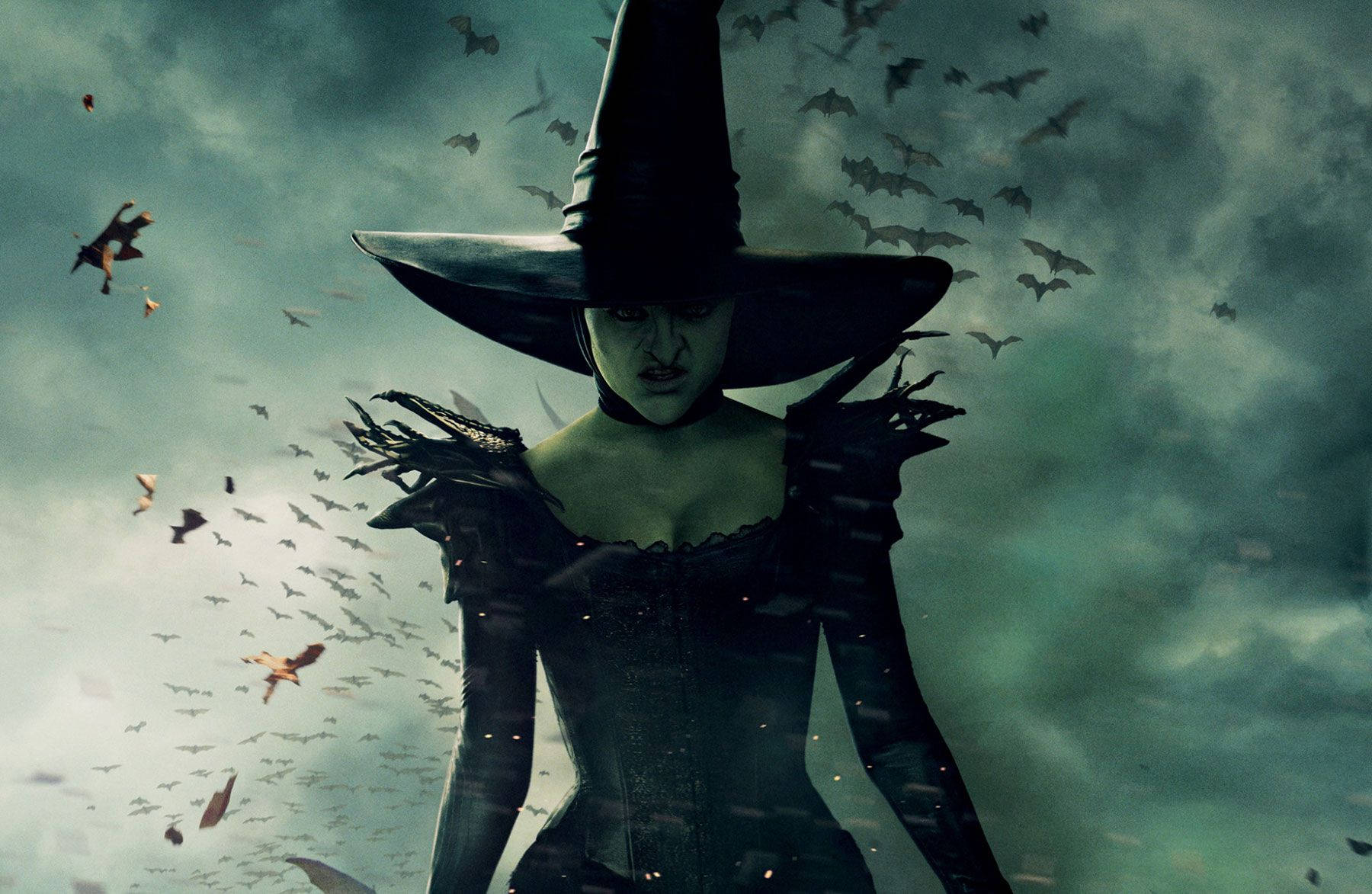
FAQ About Magic in the Middle Ages
Magic in the Middle Ages
2 years ago | gizem
Did medieval rulers and nobility employ court magicians or astrologers?
Yes, medieval rulers and nobility often employed court magicians, astrologers, and advisors with expertise in occult and mystical arts. These individuals were valued for their supposed ability to provide insights into the future, offer guidance on political matters, and influence events through their knowledge of astrology, divination, and magical practices. Here are some ways in which court magicians and astrologers were involved in the lives of medieval rulers and nobility:
- Astrology and Predictive Insights: Astrologers were often consulted to provide predictions and horoscopes for rulers and nobles. They believed that the positions of celestial bodies could influence events on Earth and could offer advice on matters such as wars, marriages, and political decisions.
- Advisors on Matters of State: Court magicians and astrologers acted as trusted advisors to rulers, offering insights on various aspects of statecraft and governance. They might advise on diplomatic matters, military strategies, and choosing auspicious times for important events.
- Divination and Prophecy: Court magicians and seers were called upon to perform divination and prophecy. They might interpret dreams, read omens, or use other forms of divinatory practices to gain insights into future events.
- Protection and Security: Rulers and nobility sought magical protection through amulets, charms, and talismans. Court magicians were responsible for creating or providing these objects believed to ward off evil spirits and offer protection against enemies.
- Occult Knowledge and Secret Wisdom: Court magicians were believed to possess secret knowledge and mystical wisdom that could provide an advantage in dealing with rivals or addressing challenging situations.
- Influence on Cultural and Artistic Pursuits: Court magicians and astrologers often influenced the cultural and artistic pursuits of the nobility. They inspired or contributed to the creation of illuminated manuscripts, allegorical art, and other works with occult symbolism.
- Performing Rituals and Ceremonies: Court magicians might perform rituals, blessings, or magical ceremonies for the benefit of the ruler or the state. These ceremonies were often intended to bring prosperity, protect against harm, or secure the favor of higher powers.
- Entertainment and Courtly Shows: Magicians and illusionists were sometimes invited to entertain at royal courts, showcasing their skill in sleight of hand, conjuring tricks, and other magical performances.
